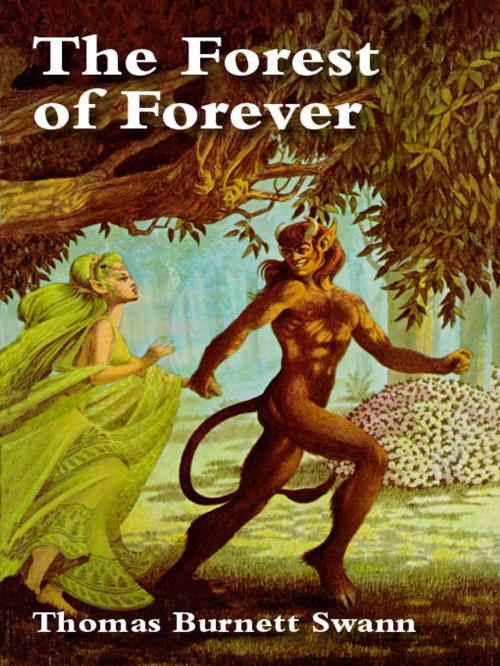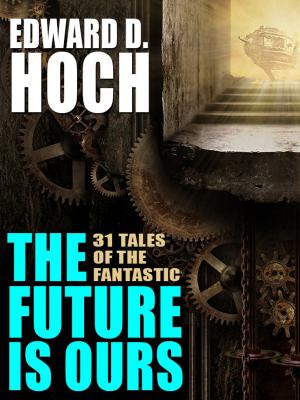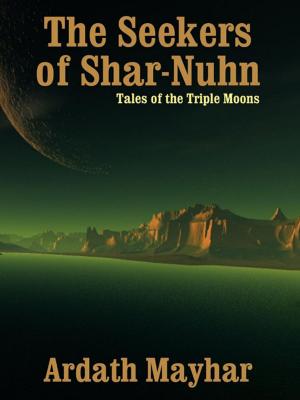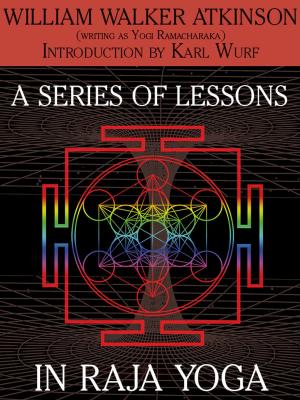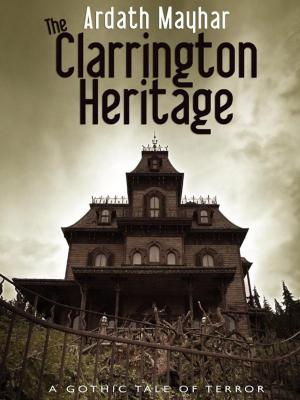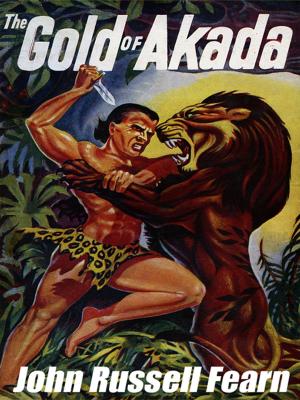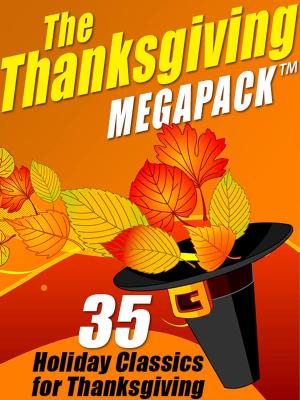| Author: | Thomas Burnett Swann | ISBN: | 9781434437181 |
| Publisher: | Wildside Press LLC | Publication: | November 16, 2011 |
| Imprint: | Wildside Press | Language: | English |
| Author: | Thomas Burnett Swann |
| ISBN: | 9781434437181 |
| Publisher: | Wildside Press LLC |
| Publication: | November 16, 2011 |
| Imprint: | Wildside Press |
| Language: | English |
Here in THE FOREST OF FOREVER dwells the last Minotaur, and here too are the other lingering dwellers in that folk-whispered country where dwell the beasts that are human and the humans that are beasts... Also in this series: DAY OF THE MINOTAUR Thomas Burnett Swann (1928 - 1976) was an American poet, critic and fantasy author. The bulk of Swann's fantasy fits into a rough chronology that begins in ancient Egypt around 2500 BC and chronicles the steady decline of magic and mythological races such as dryads, centaurs, satyrs, selkies and minotaurs. The coming of more "advanced" civilisations constantly threatens to destroy their pre-industrial world, and they must continually seek refuge wherever they can. They see the advent of Christianity as a major tragedy; the Christians regard magic and mythological beings as evil and seek to destroy the surviving creatures, although some manage to survive and preserve some of their old ways through medieval times down to the late 19th Century and perhaps the 20th.
Here in THE FOREST OF FOREVER dwells the last Minotaur, and here too are the other lingering dwellers in that folk-whispered country where dwell the beasts that are human and the humans that are beasts... Also in this series: DAY OF THE MINOTAUR Thomas Burnett Swann (1928 - 1976) was an American poet, critic and fantasy author. The bulk of Swann's fantasy fits into a rough chronology that begins in ancient Egypt around 2500 BC and chronicles the steady decline of magic and mythological races such as dryads, centaurs, satyrs, selkies and minotaurs. The coming of more "advanced" civilisations constantly threatens to destroy their pre-industrial world, and they must continually seek refuge wherever they can. They see the advent of Christianity as a major tragedy; the Christians regard magic and mythological beings as evil and seek to destroy the surviving creatures, although some manage to survive and preserve some of their old ways through medieval times down to the late 19th Century and perhaps the 20th.
